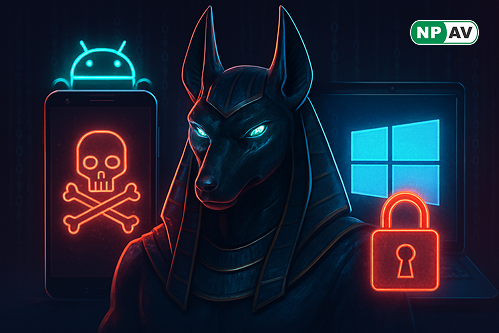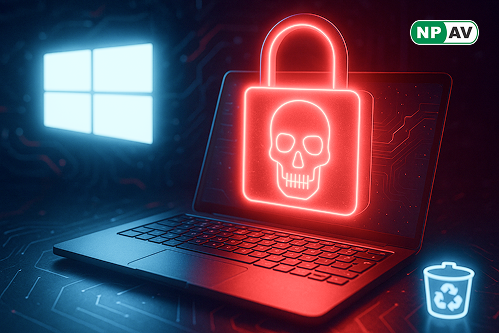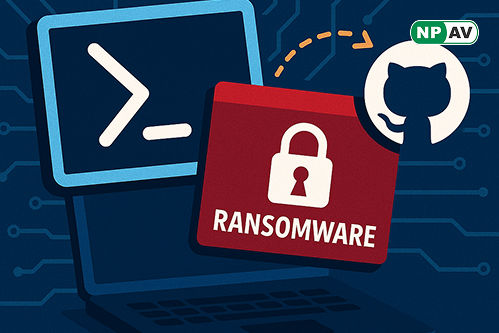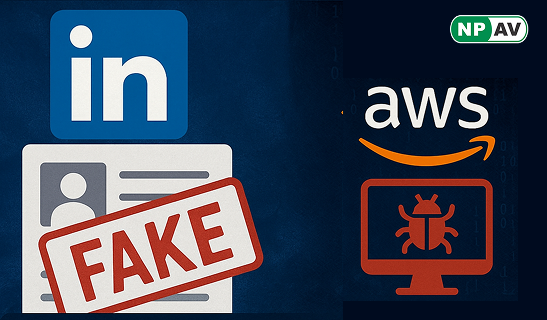Ransomware
-
Read moreAnubis ransomware, first detected in November 2024, targets both Android and Windows platforms, utilizing a ransomware-as-a-service model. Learn about its tactics, high-profile attacks, and how to defend against this emerging threat.
-
Read moreThe maritime industry faces a surge in ransomware attacks from APT groups, with over 100 cyberattacks reported in the past year. Learn about the tactics used by hackers and the implications for global trade.
-
Read moreDiscover the new Gunra ransomware targeting Windows systems, encrypting files, and deleting shadow copies. Learn about its origins, tactics, and how organizations can defend against this emerging threat.
-
Read moreNovabev Group confirmed a ransomware attack on July 14, 2025, disrupting operations and IT infrastructure. The company refuses to pay ransom and assures customer data remains secure.
-
Read moreDiscover how a new PowerShell-based ransomware variant exploits GitHub for distribution. Learn about its infection method, encryption process, and the risks it poses to users.
-
Read moreA ransomware attack has disrupted operations at a Lucknow advertising firm, compromising vital data and leading to an investigation by cybercrime authorities. Learn more about the incident and its implications.
-
Read moreDiscover how the VexTrio scam network exploits WordPress sites to distribute malware and fraudulent schemes. Learn about the tactics used and the impact on global cybersecurity.
-
Posted: June 11, 2025Views: 66Read moreFIN6 cybercrime group uses fake resumes hosted on AWS to deliver More_eggs malware via LinkedIn. Learn how they target recruiters and evade detection.
-
Posted: June 10, 2025Views: 93Read moreDiscover how a China-linked cyber espionage group, including APT15 and UNC5174, targeted over 70 organizations across government, media, and other sectors. Learn about the malware used, including ShadowPad and GoReShell, and the exploited vulnerabilities.
-
Posted: June 10, 2025Views: 79Read moreLearn about the ransomware attack on Sensata Technologies, a leading industrial tech firm. Discover how the breach impacted operations, compromised customer data, and the company's response, including credit monitoring for affected individuals.















